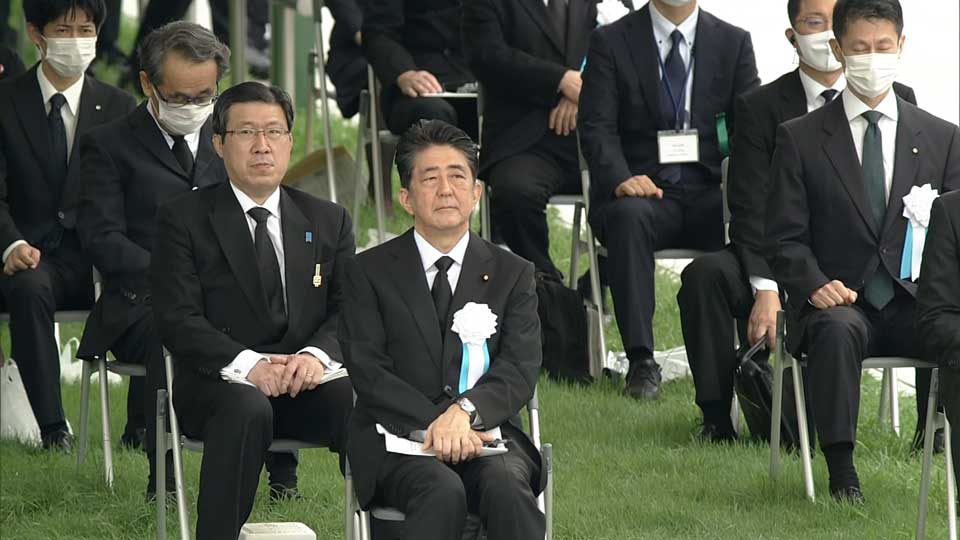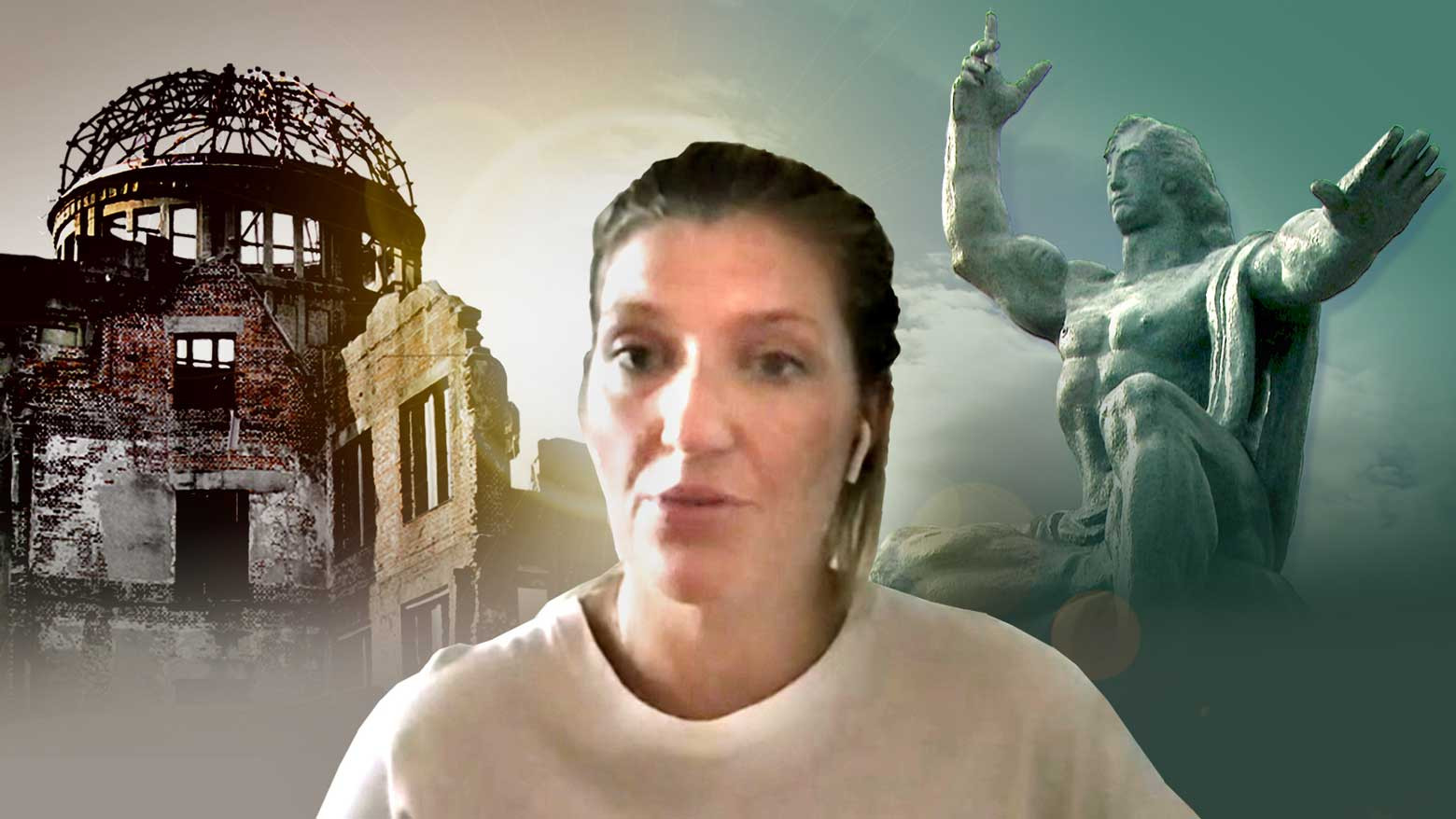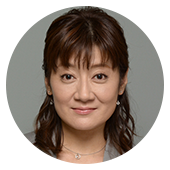Fihn's organization won the Nobel Peace Prize in 2017 for its efforts to bring people to the negotiating table to pledge to work toward nuclear disarmament. The adoption of the Treaty on the Prohibition of Nuclear Weapons at the United Nations was a step forward, in which ICAN played a major role.
Fihn says the next few months are crucial, as her team has given itself until the end of the year to get enough signatures to put the treaty into effect. Just this month, Ireland, Nigeria, Niue, and Saint Kitts and Nevis have signed up, bringing the total number on board to 44.
"We always aimed that we would be getting 50 in 2020." She says. "And obviously COVID-19 has slowed down some processes, but we still think that there's a really good chance that we can get the 50 ratifications needed this year. So we're working very very hard on this."
What about Japan?
But Japan remains one of the countries that's yet to sign the treaty. Prime Minister Abe Shinzo has said every year at the memorial ceremonies that it's Japan's mission to, "realize a world without nuclear weapons."
But Fihn wonders why the commitment hasn't been backed up by action. "There is no leadership right now on nuclear disarmament from Japan's side -- rather the opposite," she says. "Japan is going backwards as well and undermining its own resolutions that it's supported for a long time ago, weakening language and documents."

"That's very serious. And I think that's an insult to the survivors -- to the hibakusha," Fihn says. "We really know the Japanese people want the government to sign the treaty."
"It's very often that we look at nuclear armed states as the problem, but we have to recognize that the nuclear-allied states, like Japan for example, are protecting them. They are standing in a circle around them and protecting nuclear weapons. Until those countries stop doing that, it's going to be very hard to convince the nuclear armed states."
"How am I going to convince North Korea, the United States and Russia to disarm, if Japan cannot say that nuclear weapons should be illegal?"
Nuclear war 'like the coronavirus'
Fihn says the coronavirus pandemic is proof that a global emergency could happen anytime. "Health experts have warned about this, and they have been preparing, thinking about it," she says. "Yet people have been surprised that it happened. It's the same thing with nuclear weapons. We don't know when, we don't know how exactly, but experts say it's going to happen."
She warns that nuclear weapons will be far more lethal than the coronavirus. "What we have to do with nuclear weapons -- there's no mitigating it once it happens." she says. "When we feel the consequences, when the bombs are starting to fall on cities again, then it's going to be too late to prevent it."
Nuclear weapons don't protect us
Fihn says the ongoing pandemic further highlights why governments should be investing in people, not weapons. "This pandemic has shown us where the threats to our security are and how we can't absorb these things with nuclear weapons," she says. "Nuclear armed states spend 73 billion dollars on nuclear weapons. Just imagine how many ventilators, doctors, nurses ICU, beds we can have... how many vaccinations we could develop."
Listen to the hibakusha
She credits atomic bomb survivors for helping spread the message of a nuclear-free world. But she says their time is running out: "Given that it's probably one of the last milestones where we will still have survivors who are able to speak about it in the first person. I really do think that it's up to us to use this moment as much as possible to share their stories."
For the first time, ICAN organized online tours of the Hiroshima and Nagasaki atomic bomb museums this year.
Fihn ended our interview with a message for the hibakusha. "Thank you for doing the incredibly difficult work of sharing your very traumatic experiences so that we can survive, and we can prevent it from happening again," she says. "ICAN and the millions of people that support us are pledging to take action. We are going to honor the hibakusha, not through words, but through action to eliminate nuclear weapons."

